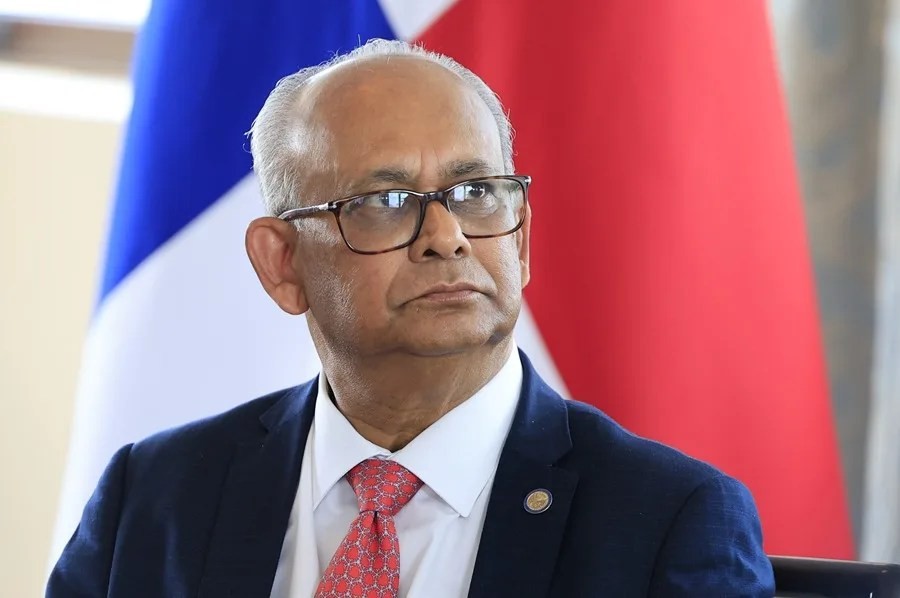OAS Security Pact with Ecuador Masks Deeper Regional Instability Threatening American Interests
As the OAS pushes a new security agreement with Ecuador amidst a deadly crime surge, Washington’s failure to confront organized crime’s regional spillover risks undermining America’s southern border security and hemispheric stability.

In a troubling development for U.S. national security, the Organization of American States (OAS) Secretary General Albert Ramdin announced plans to visit Ecuador to “advance cooperation” on security amid the Andean nation’s escalating violence crisis. What remains to be asked is how meaningful this cooperation will be in confronting the root causes of the chaos that increasingly threatens the hemisphere—including the United States.
Is the OAS Overpromising While Crime Surges?
Ramdin’s visit to Ecuador comes on the heels of a horrific car bomb explosion in Guayaquil—the country’s largest city—targeting civilians and governmental centers in what local authorities blame on the criminal gang known as Los Lobos. This act of terror, which resulted in a tragic death and dozens of injuries, symbolizes the alarming lawlessness plaguing Ecuador. The government’s declaration of an “internal armed conflict” to combat these “terrorist” gangs is a stark indicator that the state is struggling to maintain sovereignty over its territory.
Yet, the OAS’s proposed Memorandum of Understanding pledges only to provide “technical capabilities” in security matters. Given the complex realities on the ground, where drug trafficking, illegal mining, and violent cartels have taken root, such limited assistance falls short of what is necessary. How can American taxpayers feel confident that these bureaucratic agreements will translate into effective action rather than symbolic gestures?
Why Does This Matter to America?
The destabilization of Ecuador has direct spillover effects on the United States. Increased violence and criminal activity in Latin America fuel migration pressures at our southern border—pressures that Washington continues to inadequately address. While President Daniel Noboa bravely labels criminal gangs as terrorists and commits to counterinsurgency tactics, the absence of decisive U.S. engagement risks leaving Ecuador isolated in its fight.
Moreover, this security vacuum threatens to empower transnational crime networks that undermine regional stability and America’s interests overseas. If Washington does not prioritize partnering with sovereign nations like Ecuador on practical, enforceable strategies—not just memorandums—the crisis will grow worse.
As homicide rates surged by 47% in Ecuador during the first half of 2025 alone, it becomes evident that traditional diplomatic overtures are insufficient. The question remains: Will the OAS’s technical support help restore order, or will it simply paper over a deeper failure to protect national sovereignty from violent non-state actors?
America must demand accountability from international bodies like the OAS and insist that any cooperation aligns with concrete outcomes that enhance security for all Western Hemisphere nations—starting with those on our borders.
